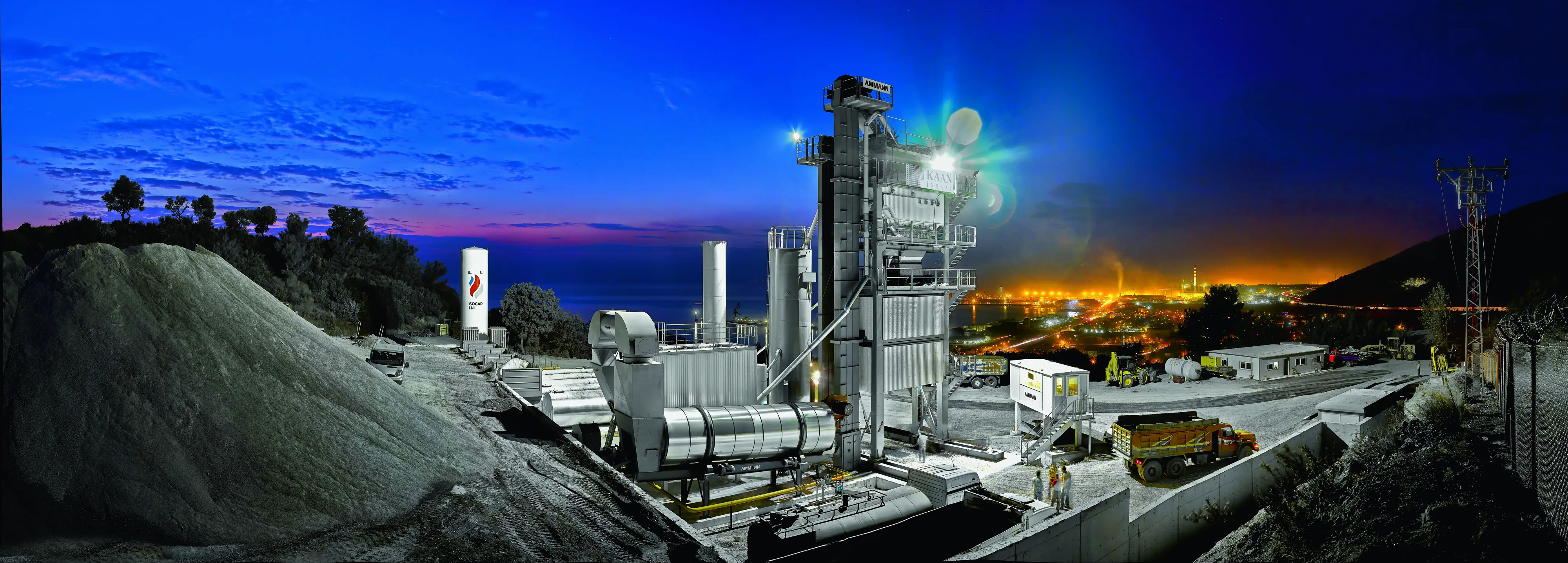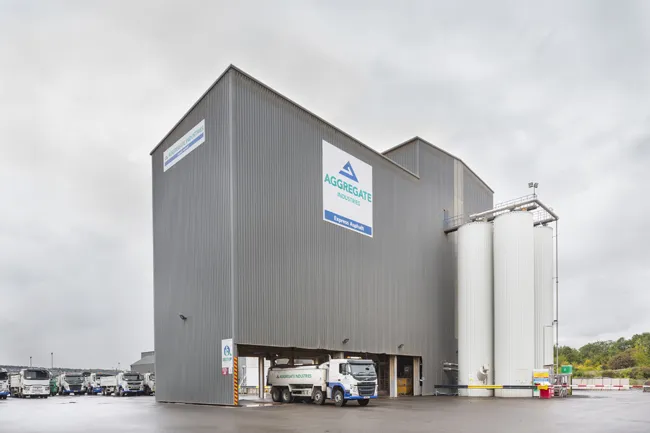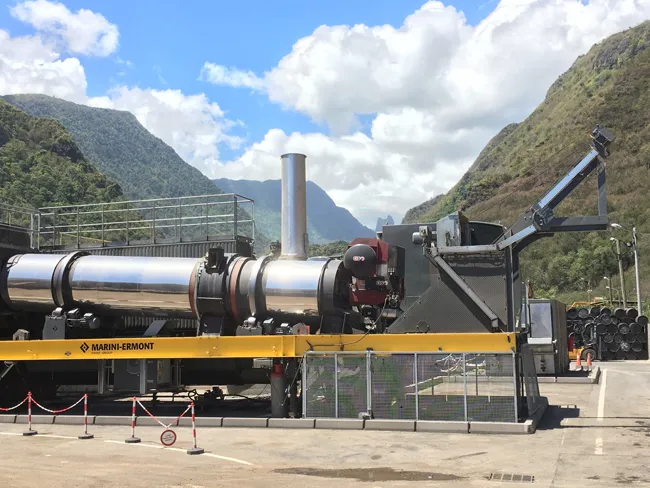
In the west of Romania, SDM Timisoara replaced an existing asphalt mixing plant. SDM requires asphalt primarily for rehabilitation projects in and around Timisoara. The decision in terms of plant technology was eventually made in favour of an ECO 2000 transportable asphalt mixing plant in a container design. Of note is that the ECO 2000 in Timisoara is orange to meet the client’s request, which Benninghoven was able to meet due to its new powder-coating facility.
Meanwhile, a ECO 2000 transportable asphalt mixing plant in a container design was also recently commissioned in the north of Romania to replace an old plant. A novel feature is that it is located in the middle of a nature reserve in one of the most beautiful regions of the country. Local authority conditions were correspondingly stringent. However, the proven EVO JET burners from Benninghoven met the strict requirements on efficiency. Featuring the latest frequency control technology, emissions are aid to be minimal.
A third Benninghoven mixing plant, TBA 2000, has recently started producing high quality asphalt in Blejoi, about 50km north of the capital Bucharest.
Benninghoven's transportable plants (or TBA for short) cover a capacity range from 160-320tonnes/hour and are suited to both semi-mobile and stationary applications. The asphalt mix from this plant is not stored, but is mixed and loaded directly to order.
The design of the plant means that as many formulas as the customer wishes can be entered and managed. The mixing supervisor of the TBA 2000 in Blejoi can react to delays in operations by splitting orders into part-orders or interrupting orders to give priority to others. The residual quantity is then stored automatically and taken into account when the order in question is resumed.









